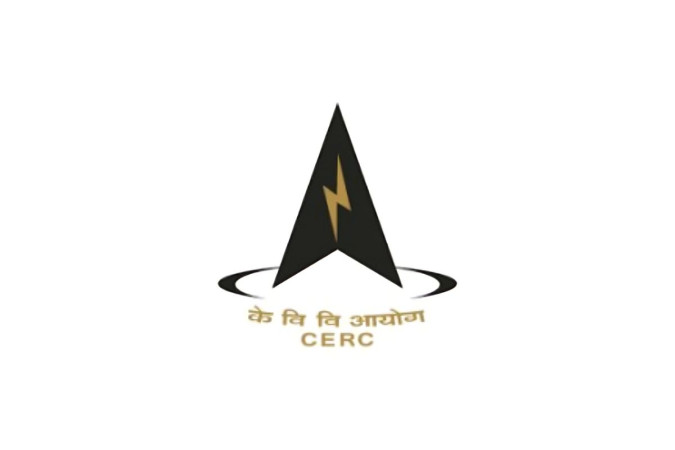
Follow India Renewable Energy News on WhatsApp for exclusive updates on clean energy news and insights
CERC Proposes Stricter DSM Rules for Renewables from 2026
Sept 18, 2025
The Central Electricity Regulatory Commission (CERC) has proposed amendments to the Deviation Settlement Mechanism (DSM) to ensure better grid stability by tightening compliance requirements for wind, solar, and hybrid projects. The new framework, effective April 1, 2026, shifts the calculation base from available capacity to scheduled generation, making deviation charges more stringent over time.
Under the proposed formula, a phased reduction in the parameter ‘x’ will reduce tolerance for deviations — moving from 100% in 2026 to 0% by 2031. This means renewable projects will progressively face higher deviation penalties if they fail to match scheduled generation. Additionally, the tolerance bands will be narrowed: ±15% to ±10% for wind and ±10% to ±5% for solar.
A Grid-India study across 16 projects revealed that the new rules would significantly increase deviation events. Revenue losses could range from 3.5%–11.1% for solar, 2.4%–11.8% for hybrid, and as high as 48.2% for wind, highlighting wind’s greater variability. However, aggregation of multiple projects was shown to mitigate DSM charges by balancing generation fluctuations.
CERC emphasized that stricter rules will encourage better forecasting, scheduling, and operational discipline, aligning renewables with conventional generators. Importantly, from April 1, 2026, all new projects will be treated as general sellers, and from 2031, the same will apply to existing ones. Projects will also not be paid for over-injection when grid frequency exceeds 50.05 Hz.
These changes come amid challenges like curtailment of 4 GW wind-solar projects in Rajasthan due to transmission delays and reduced demand.